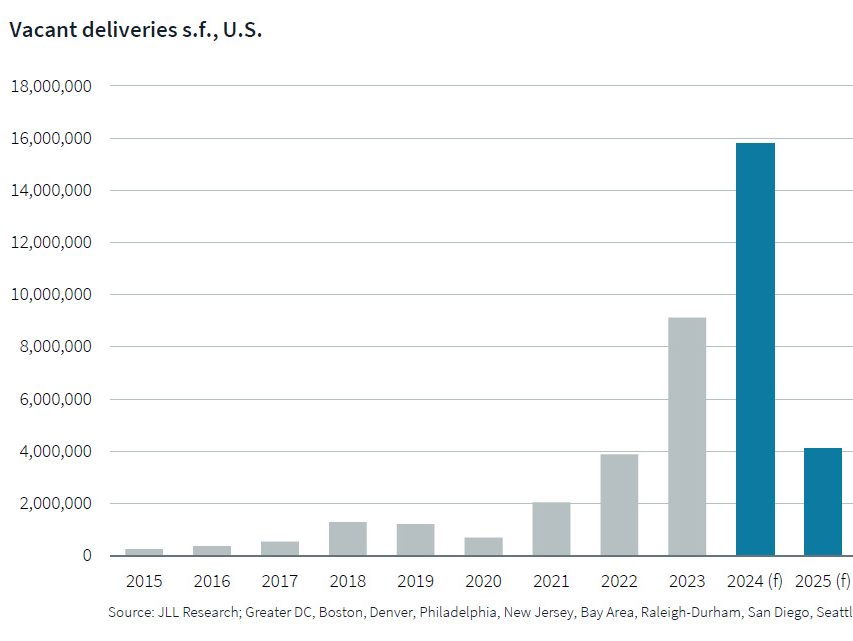Behind PNC’s Acquisition of RBC Bank USA
RBC has been a major player in the commercial real estate lending sector and the transaction will now add to PNC's commercial real estate portfolio.
June 21, 2011
By Barbra Murray, Contributing Editor
With signatures in place on a definitive agreement, the road has been paved for PNC Financial Services Group Inc. to acquire RBC Bank (USA), the U.S. retail banking subsidiary of Royal Bank of Canada, in a transaction valued at $3.45 billion. PNC will fund the purchase with cash and, potentially, stock.
The $3.54 billion price tag on the deal marks a $112 million discount to tangible book value. PNC plans to finance the acquisition with cold hard cash from its stash of cash on hand and proceeds from debt issuance and a preferred stock offering. But the handing over of stock could come into the picture, as PNC has the option of providing Royal Bank of Canada with as much as $1 billion in common stock as part of the multi-billion payment.
The U.S. real estate collapse hit RBC hard, with its retail bank unit losing money for two and a half years straight. It has been a major player in the commercial real estate lending sector and the transaction will now add to PNC’s commercial real estate portfolio. RBC Capital Markets Real Estate Group Inc. has been Canada’s largest dedicated real estate corporate finance group, working in retail, office, hospitality, seniors housing, multi-family and industrial.
When all is said and done, the addition of RBC Bank (USA)’s $25 billion of assets will leave PNC with a total of approximately $284 billion of assets and 2,870 branches, including RBC Bank (USA)’s 424 branches in Florida, Alabama, Georgia, Virginia and South Carolina. “Clients in this footprint were being underserved by RBC,” Matthew Albrecht, associate, Financial Institutions, with Standard & Poor’s Ratings Services, told CPE. “This deal adds to PNC’s footprint. There will be minimum overlap in the Mid-Atlantic, Midwest and Florida, and PNC will gain a presence in Alabama, Georgia and North and South Carolina.” Upon completion of the transaction, PNC will be ranked 5th among U.S. banks.
PNC’s wholesale banking activities include commercial real estate lending. The company provides acquisition, development and permanent financing for the sector, including multifamily. “From a real estate perspective, PNC has more robust product offerings than RBC USA has had,” Albrecht said. “They hope to offer more products to consumers in all of their businesses. That’s how they hope to make this a valuable combination for them.”
However, there is the potential for drawbacks to the union. Following the big announcement, Fitch Ratings affirmed PNC’s long-term Issuer Default Rating at ‘A+’ with a Stable Rating Outlook, but added that the rating may have to be revisited. “The conservative mark on the loan portfolio should mitigate some of the risk inherent in RBC’s troubled look book,” Fitch noted. “That said, PNC’s exposure to home equity, residential mortgages, and commercial real estate is increased as a result of the combination. Reflecting this, PNC purchased RBC at a modest discount of approximately 97 percent to tangible book value. In the event the marks are not sufficiently conservative, this could weaken the overall credit profile of PNC.
If all goes as planned, the transaction will close in March 2012, at which point PNC will merge RBC Bank (USA) into PNC Bank N.A. and change the name of its newly acquired branches to PNC Bank.








You must be logged in to post a comment.